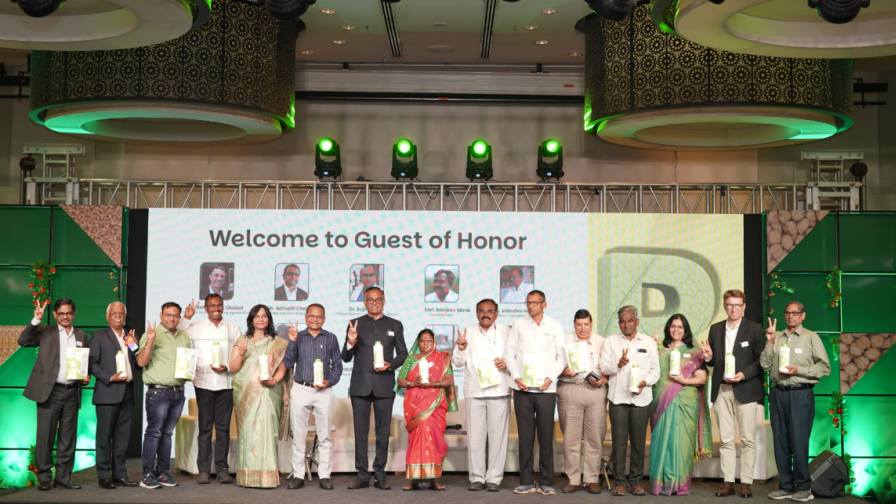BASF Enters Four-Year Project to Reduce Crop Loss in Africa
BASF and the International Institute of Tropical Agriculture (IITA), the African Agricultural Technology Foundation (AATF), and the International Maize and Wheat Improvement Center (CIMMYT) announced a four-year project to reduce crop loss due to the parasitic Striga weed (Striga hermonthica and S. gesnerioides) from the maize and legume fields of Kenya and Nigeria, according to a press release.
Striga presents a serious threat to the economic and social viability of the Sub-Saharan Africa (SSA) region, causing crop losses of up to $1.2 billion in maize and cowpeas alone. These losses are devastating in a region where four out of five people depend on agriculture for food, income and employment. By project end in 2014, organizers estimate that over 250,000 individual farmers will potentially see up to 50% higher maize yields (2.25 tons/ha) and 100% higher cowpea yields (over 1 t/ha), according to the release.
Funding for the project comes from a four-year grant from the Bill & Melinda Gates Foundation to IITA to implement and evaluate four different approaches to controlling the parasitic weed. After a two-year evaluation period, the project will scale-up the most effective approaches and work to promote these further. BASF is making an in-kind donation of research and development resources and is also providing technology access to its StrigAway production system to support the development and testing of one approach, according to the company.
“Previous initiatives have used single bullet approaches such as hand weeding or conventional herbicides,” said Dr. Alpha Kamara, acting project manager and systems agronomist at IITA in a prepared statement. “The current initiative uses diverse technologies in an integrated way. BASF’s technology is one potential solution because it attacks this parasitic weed where it lives and grows: underground. But success will also depend on getting the right infrastructure and training in place.”
The lessons and best practices obtained from these initiatives in Kenya and Nigeria will provide scaling out strategies for other Striga-plagued countries, including Tanzania, Malawi, and Uganda, according to the BASF.
BASF, along with its partner institutions, believes that this joint commitment to supporting sustainable and economically-viable agriculture will significantly reduce Striga infestations and provide the technical and practical foundation for considerably higher yields in the years to come, according to the release.






